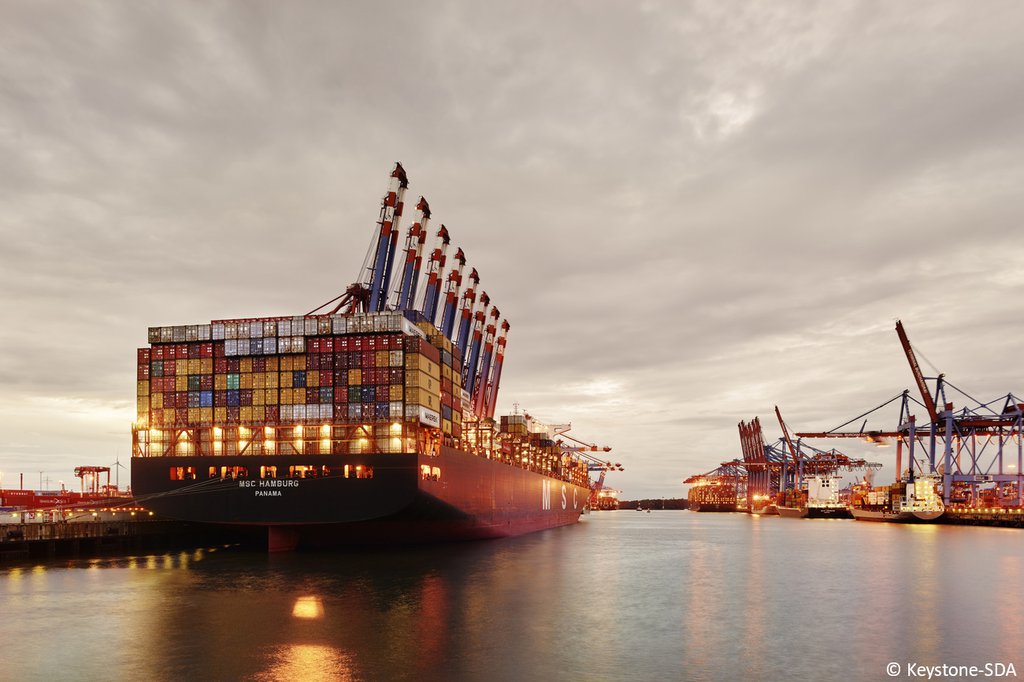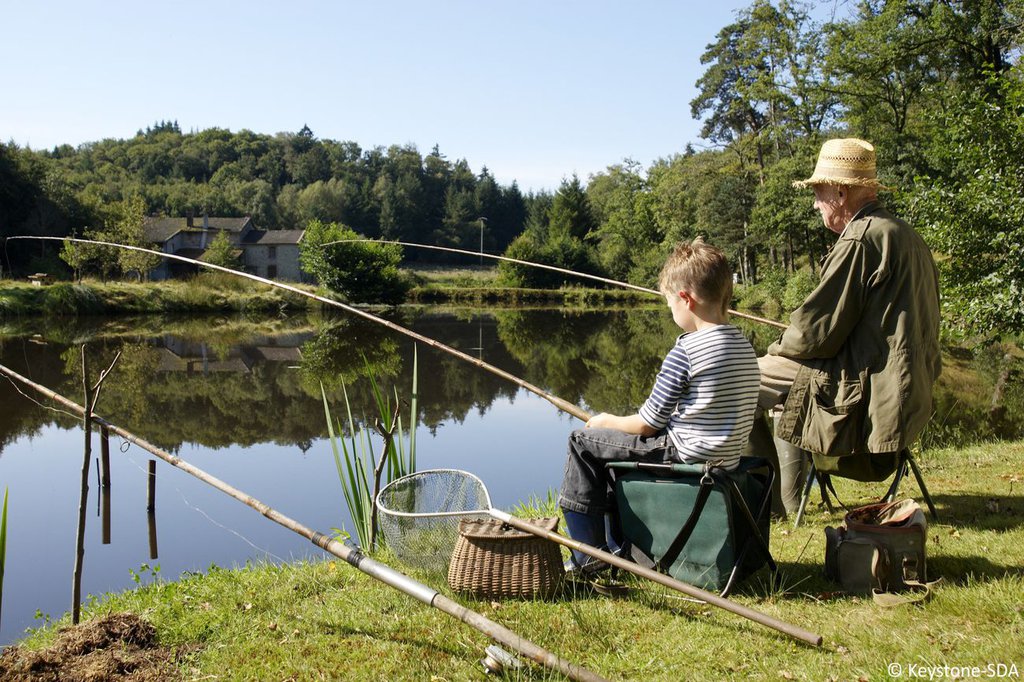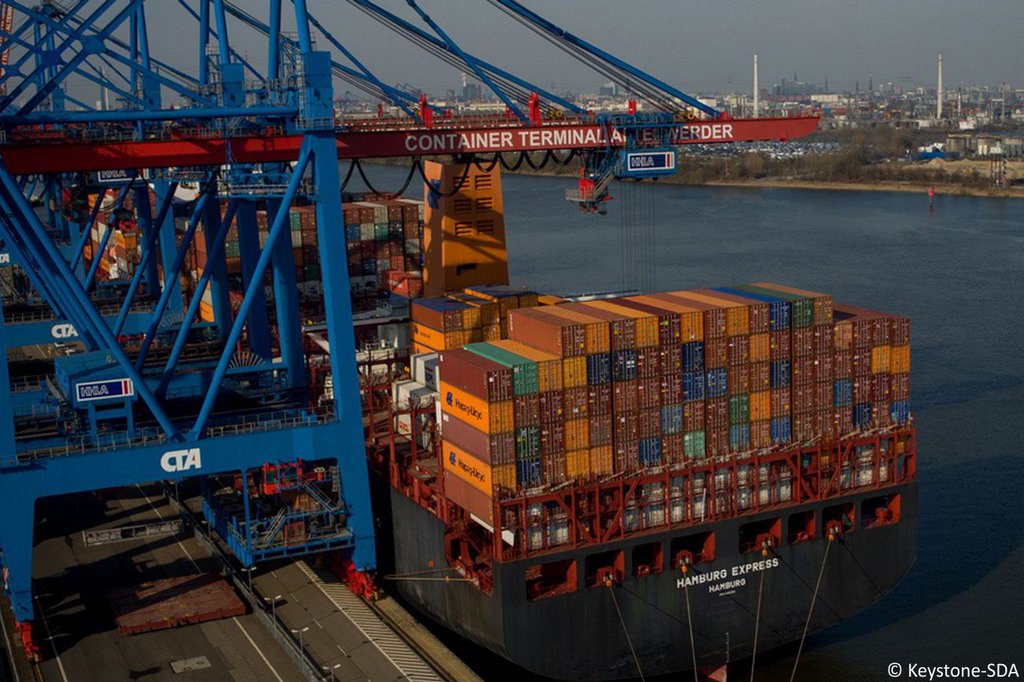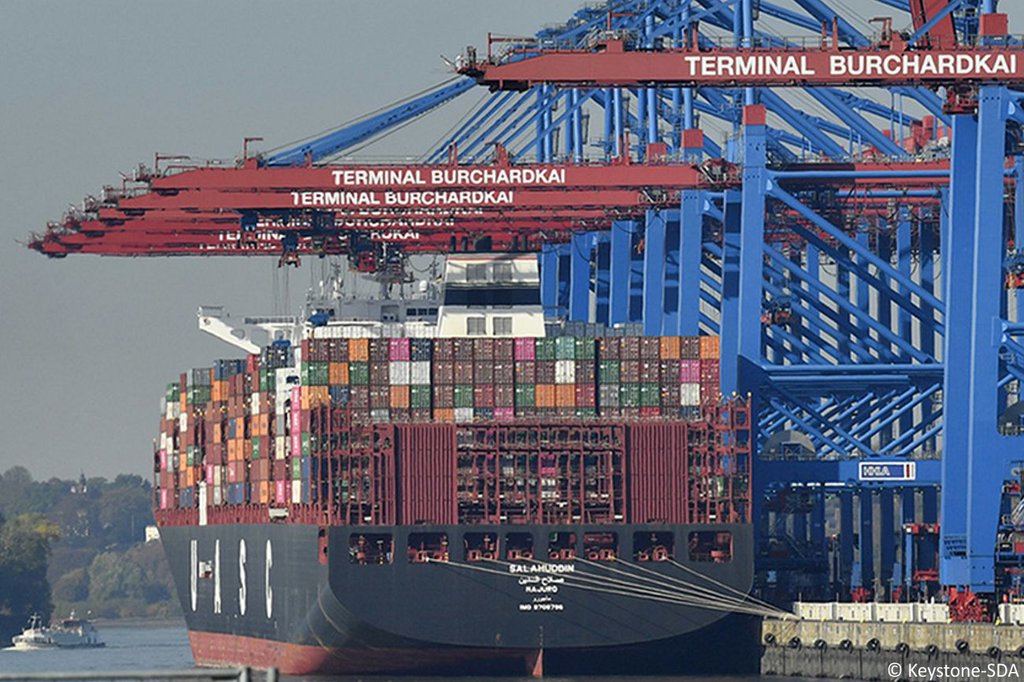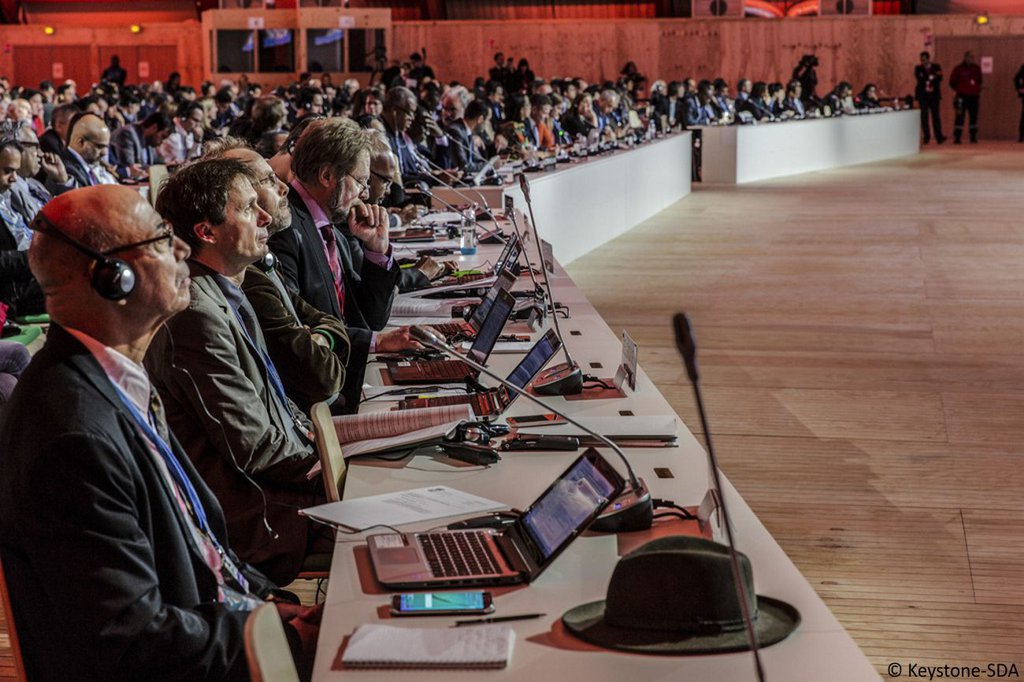Sustainability Funds Hardly Direct Capital Towards Sustainability
News, Society, Economy | July 12, 2021
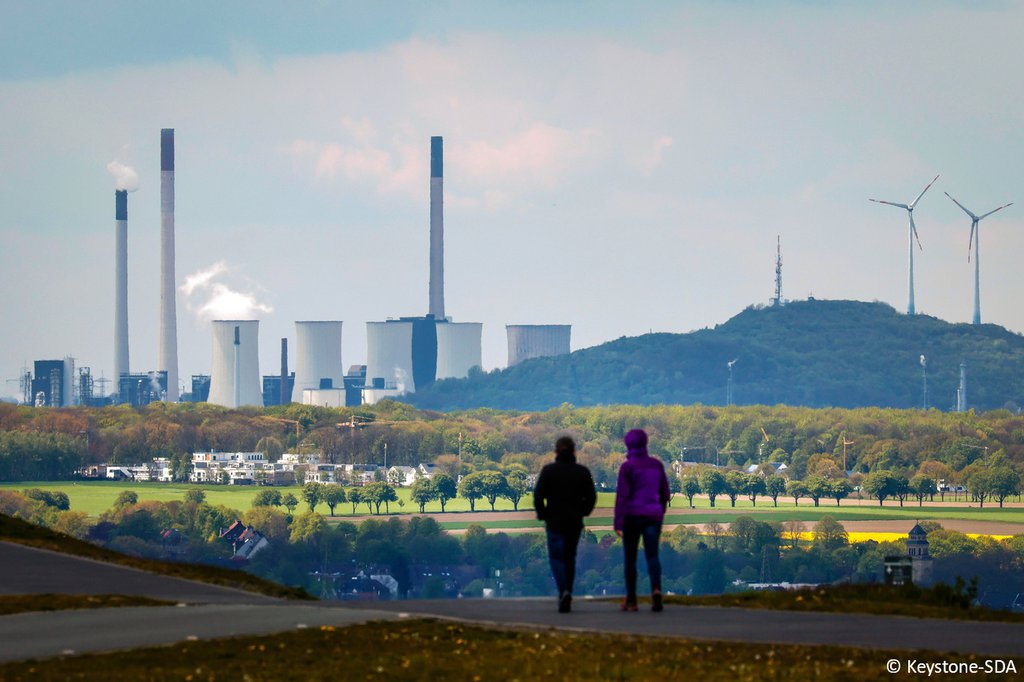
INFRAS and Inrate analyzed 51 sustainability funds licensed in Switzerland and Luxembourg on behalf of Greenpeace. The result: the examined monetary investments are to date hardly able to steer significantly more capital towards a sustainable economy than conventional funds.


